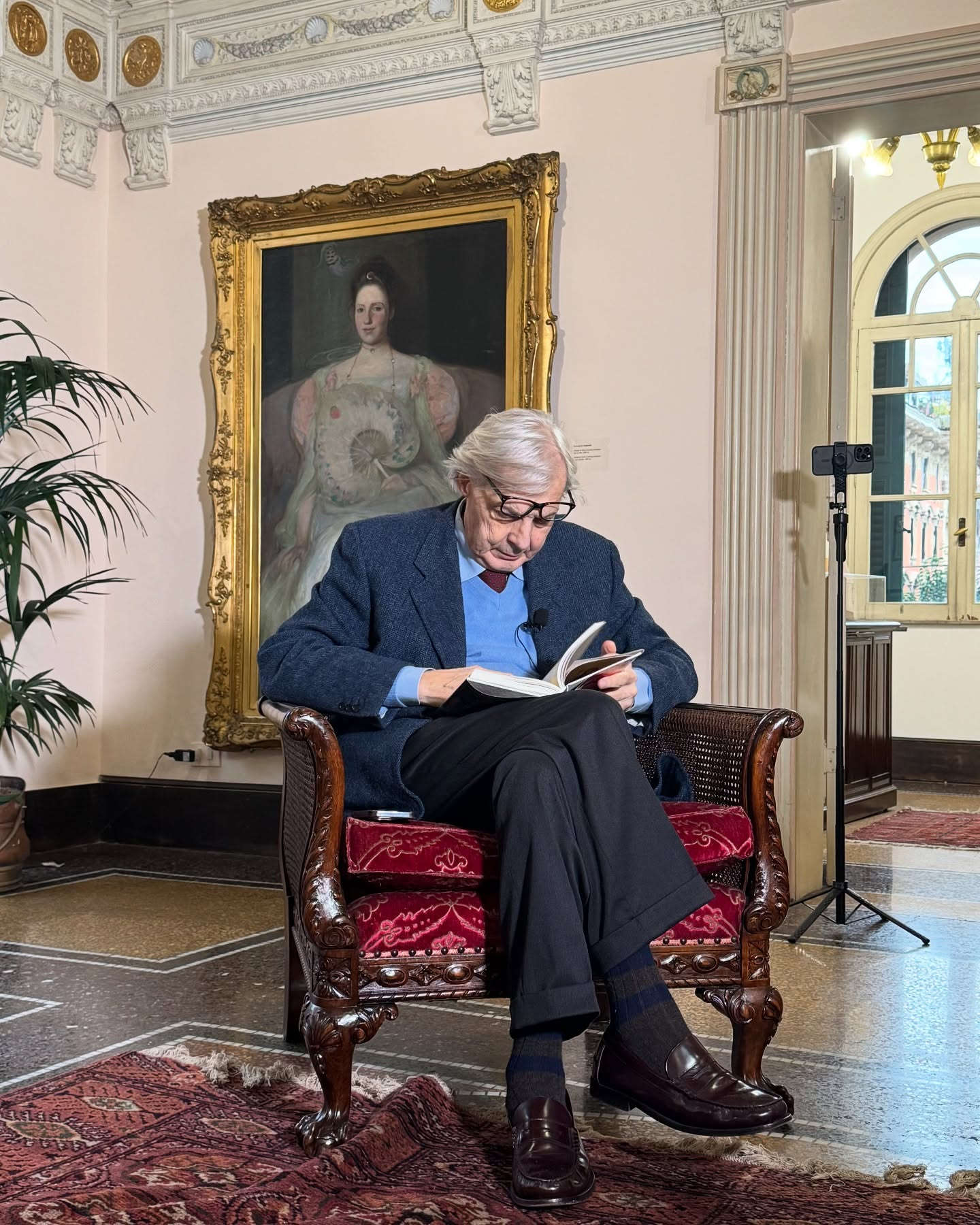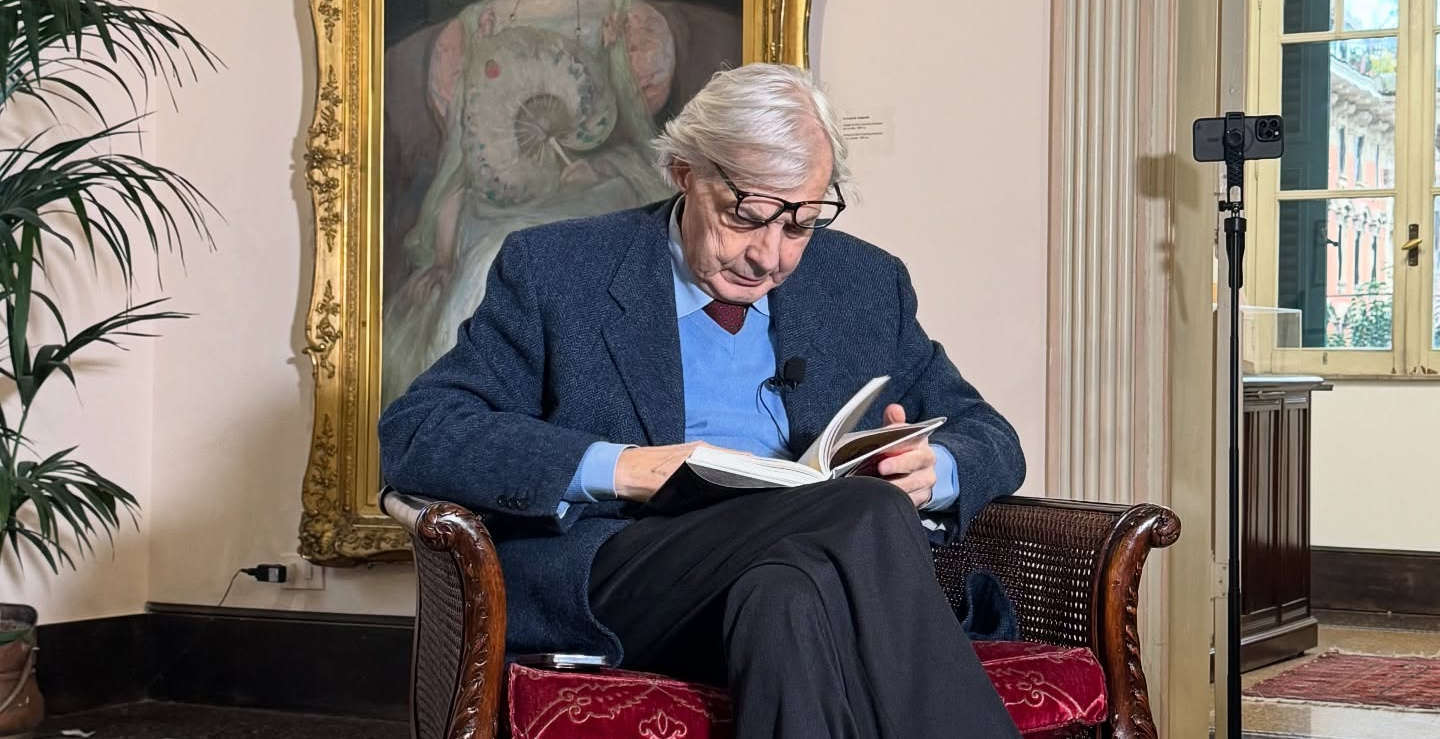Vittorio Sgarbi, still recovering from his long hospitalization for depression at the Gemelli Hospital in Rome, intervenes on the recent eviction of the Leoncavallo, a historic Milanese social center occupied since 1994 and now without a home. For the former councillor for Culture of the City of Milan, who had visited its spaces in 2006 and called its murals a sort of “Sistine Chapel of contemporaneity,” the closure was inevitable, although the use of force by the authorities was not, in his opinion, the right choice.
Sgarbi, interviewed by Sara Scarafia in Repubblica, argued that the Leoncavallo, although it played an important role in the city’s cultural and political life in the late 20th century, has lost its relevance today. “That space,” he said, “represents a season that no longer has relevance in Milanese cultural and social life. The reasons why Leoncavallo was meaningful in the late twentieth century are over. There is a defect of history in today’s Leoncavallo, a limitation, a purely abstract dimension, and this makes it different from what it was at that time. We are facing the natural evolution of a phenomenon that was romantic and has instead become academic, without the power to affect and change society.”

Murals, which at the time appeared to be an artistic heritage to be protected, have instead been overwhelmed, according to Sgarbi, by the speed of the times and belong to a dimension that must continually renew itself. “Graffiti,” he says, “testifies to the present. Consequently, according to the critic, ”the idea of constantly renewing them, making new ones to represent the changing society is inevitable in their very nature. They were conceived and are conceived from season to season."
The reasoning is part of a broader reflection on the city’s identity. Milan, Sgarbi observes, is no longer the place of students and cultural movements, but a reality driven by social classes aiming at economic and industrial development. A city that privileges concreteness and functionality over the symbolic and decorative dimension. In this framework, the survival of the Leoncavallo appeared in his view as a remnant of a different era, no longer in tune with the current urban and political fabric.
The former alderman’s position is clear: the eviction had to be done, because it was inevitable, though not in a coercive manner. “I think it was not right to do the eviction by force, but again, it was inevitable, which is different,” he says. It is a distinction that underscores the distance between administrative necessity and method of execution. According to him, a city like Milan, today marked by an administration perceived as weak, cannot afford to maintain forms of “decoration” without living historical roots.
Finally, Sgarbi mentions the comparison with Rome and the case of Casapound, the far-right party occupying a building. “Casapound,” he says, “has a different history than graffiti that represents a living, present reality and not a document of historical passage. Those decorations tell the evolution of the city, the transition from one social condition to another.”
 |
| Sgarbi speaks on Leoncavallo: "It was not right to evacuate by force, but it was inevitable" |
Warning: the translation into English of the original Italian article was created using automatic tools. We undertake to review all articles, but we do not guarantee the total absence of inaccuracies in the translation due to the program. You can find the original by clicking on the ITA button. If you find any mistake,please contact us.